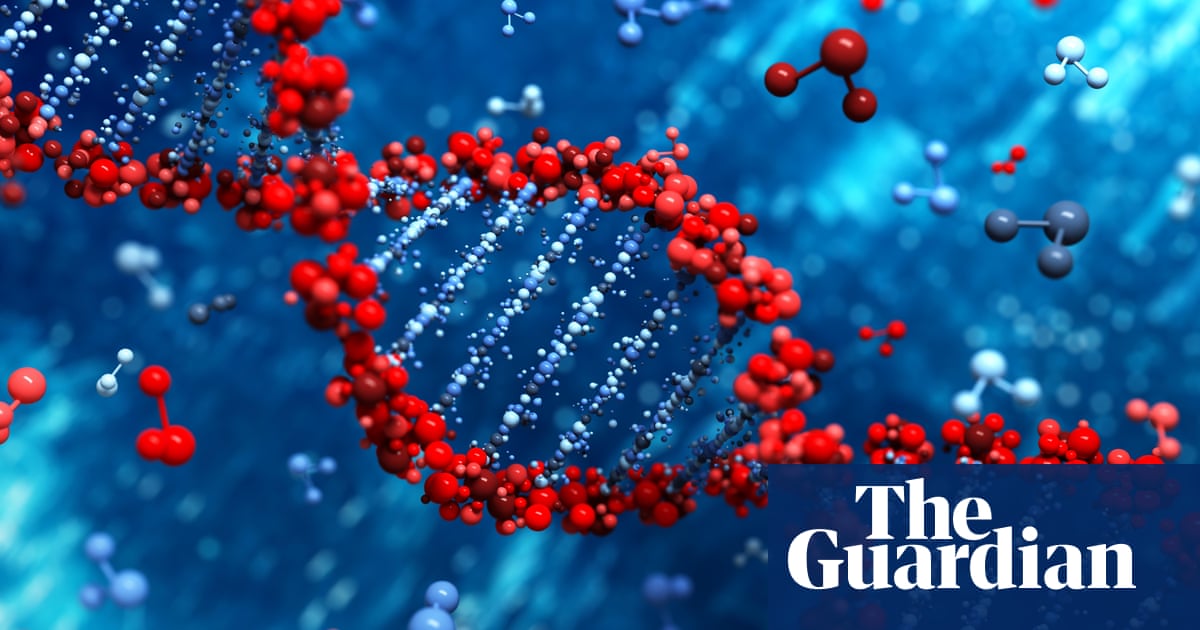Summary
Leading scientists, including Nobel laureates, are urging a halt to research on creating “mirror life” microbes, citing “unprecedented risks” to life on Earth.
Mirror microbes, built from reversed molecular structures, could evade natural immune systems, leading to uncontrollable lethal infections.
While mirror molecules hold potential for medical and industrial uses, researchers warn that mirror organisms could escape containment and resist antibiotics.
A 299-page report in Science advocates banning such research until safety can be ensured and calls for global debate on its ethical and ecological implications.



I know they’re not directly related, but my point, as I said to @[email protected], is that we already know even simple mirroring molecules can do to living things, nevermind complex proteins and entire organisms.
lf there’s no proper safeguards, it could do unimaginable damage (which is also why I used Thalidomide as an example, as it inspired literally tonnes of safeguards post-scandel).
Like GMOs can be dangerous as is, but at least in most instances it’s only the living organism itself that’s dangerous. With mirroring, any part of that organism could be dangerous to normal lifeforms, so even sterilised mirror waste could be dangerous
Some mirrored compounds are dangerous by coincidence. It’s not that mirrored compounds are inherently dangerous.
Non-mirrored compounds can be incredibly dangerous, often because the organisms that produce them evolved to be dangerous. Take botulinum toxin, for example.
What would make mirrored life dangerous would be if it could escape to the wild and increase its biomass there. Non-living toxins can be deadly, but at least they don’t self-perpetuate. Even prions are limited in how they “reproduce.” They are nothing like the threat of viruses.
you’re missing the point so hard i’m not even sure where should i begin. thalidomide is synthetic, it didn’t exist before it was made for the first time in lab. there’s no way to tell which one is “right” and which one is “mirrored” this is nonsense. it is completely normal for pharmaceuticals to have different activities depending on enantiomer, sometimes one is weaker and one is stronger but both act at the same receptor/enzyme, sometimes one has one activity and one does something completely different, like slow down breakdown of the other, but most of the time one is active and the other does nothing.
the point of that thing is that maybe, perhaps, lifeforms based on d-aminoacids and l-sugars could evade immune response, and that’s rather speculative. not to mention incomprehensible barriers to making this all work in the first place. d-aminoacids exist in nature, if not all of them, and normal organisms can metabolise them. proteins made out of d-aminoacids degrade slower, but it doesn’t mean that there are no mechanisms to destroy these things. similarly i don’t think it’ll be impossible to generate immune response to wrong chirality bacteria, humans generate antibodies against things like PEG, important thing for antibodies is how external shape of these things looks like and this will be rather unique
you know what they say about assumptions